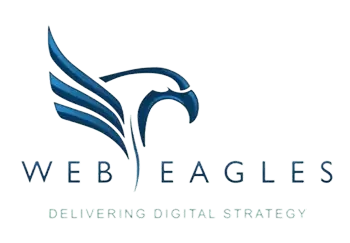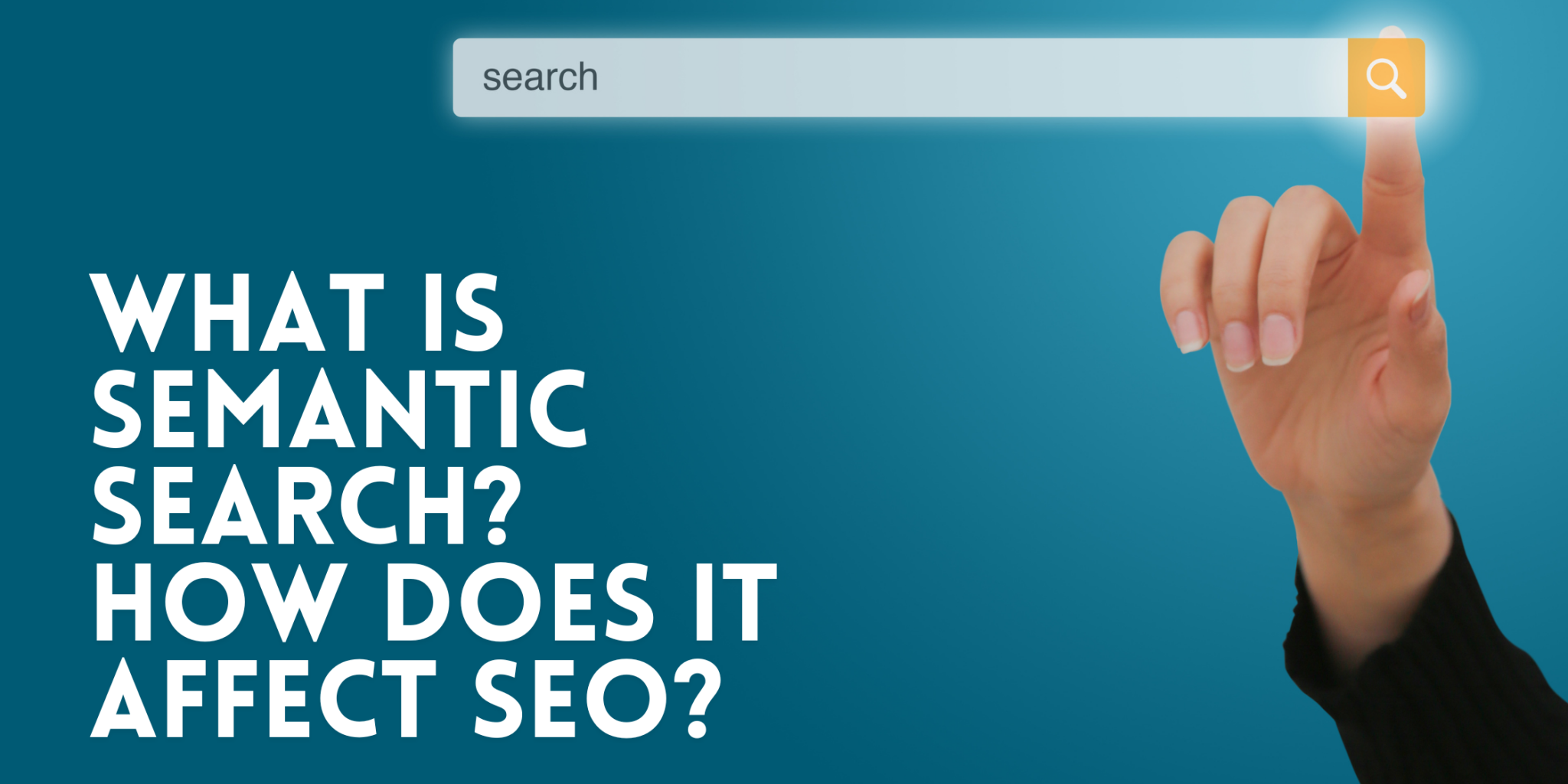What is Semantic Search? How does it affect SEO?
Search Engine Optimisation (SEO) has changed a lot over the years, for example, in 2010 SEO was more about getting as many backlinks as you could and include as many keywords as possible. Recently, the focus has shifted to understanding intent and behaviour, and the context (semantics) behind them.
So, what is semantic search?
Semantic search describes a search engine’s attempt to generate the most accurate results possible by understanding the searcher’s intent, query content, and the relationship between words. This is important because:
- People say things and query things in different ways, languages, and tones.
- Search queries can be ambiguous in nature.
- There is a need to understand the relationships between words.
Simply, semantic search seeks to understand natural language the way a human would. Semantic search also allows Google to differentiate between different entities (people, places, and things) and understand searcher intent based on a range of factors, including:
- User search history.
- User location.
- Global search history.
- Spelling variations.
This all helps Google provide a better experience for its users by delivering quality and giving preference to relevant content results.
How does semantic search affect SEO?
Semantic search has a big impact on SEO. As mentioned, in the past, keyword stuffing was a common SEO tactic. However, semantic search has made keyword stuffing obsolete. Google’s semantic search algorithm is designed to understand the meaning of words, not just match keywords.
Meaning, you can’t improve your SEO by cramming keywords into your content. In fact, doing so will likely have a negative impact on your SEO. As a general rule, a keyword should only be mentioned one to two percent on a page, meaning if you have a landing page with 700 words, then the keyword should be mentioned at least seven times, but no more than 14, as it can become spammy.
Nevertheless, you should be focusing on creating quality content that provides value to your users related to the keywords in question. In fact, Google recently released the ‘helpful content update’ that focuses on rewarding content that is relevant and useful.
Semantic search is changing the way SEO is done. The days of keyword stuffing are over. Now, quality content is more important than ever.
Semantic search can benefit your SEO by:
- Helping you rank for long-tail keywords.
- Improving your click-through rate (CTR).
- Generating more leads and sales.
At WebEagles, we understand that modern SEO best practice requires a multi-pronged approach to content, web design and backlinking. For more information regarding semantic search and how it affects your SEO strategy, give us a call on 1300 123 808, and one of our digital marketing experts will be able to answer all of your questions.


